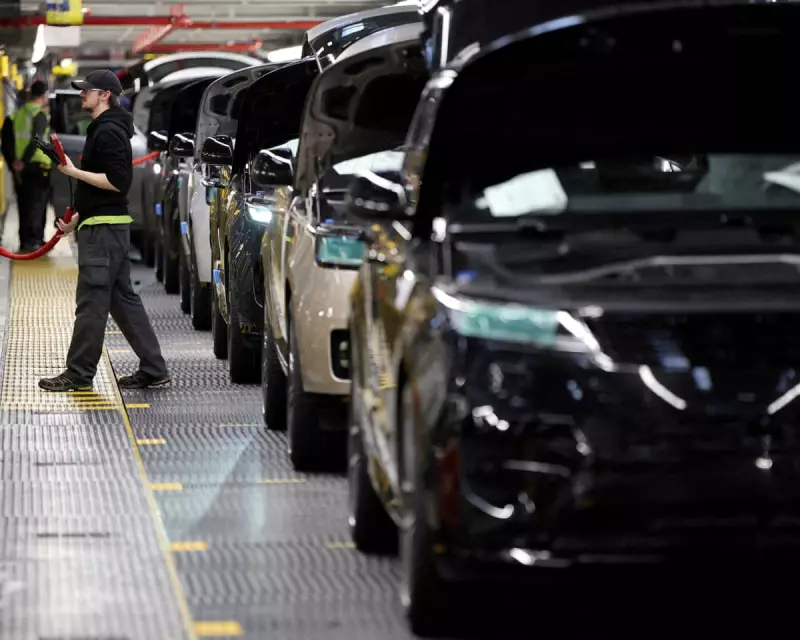
In a dramatic move highlighting the severe fallout from a recent cyber attack, Jaguar Land Rover has approached its smaller suppliers with an extraordinary request: put up their family homes as security for emergency loans to keep the business afloat.
Desperate Measures After Digital Devastation
The luxury car manufacturer, still reeling from a ransomware attack that brought production to a standstill, has turned to its supply chain for financial support. Documents seen by sources reveal that smaller suppliers are being asked to provide personal guarantees, including using their private residences as collateral.
This unprecedented request comes after hackers crippled JLR's operations, forcing the company to halt production at its major UK plants and creating a domino effect throughout its supply network.
Supplier Anxiety Reaches Boiling Point
Multiple small business owners within JLR's supply chain have expressed deep concern about the request. One supplier, who wished to remain anonymous, stated: "Being asked to risk our family homes feels like being held to ransom twice - first by the hackers, now by our biggest client."
The cyber attack, which occurred in late September, has exposed the vulnerability of even the largest manufacturers to digital threats and raised serious questions about corporate responsibility when crises strike.
Industry Experts Sound Alarm Bells
Business recovery specialists have warned that such demands could push smaller suppliers to the brink. "When major corporations transfer this level of risk down the supply chain, it creates a dangerous precedent," noted one industry analyst. "Many of these small businesses simply don't have the financial resilience to withstand such pressure."
The situation has sparked debate about the balance of power in the automotive industry and the ethical responsibilities of large manufacturers toward their smaller partners during times of crisis.
As JLR works to restore its systems fully, the long-term impact on supplier relationships and the wider UK automotive sector remains uncertain. The incident serves as a stark warning about the real-world consequences of cyber attacks on modern manufacturing.





